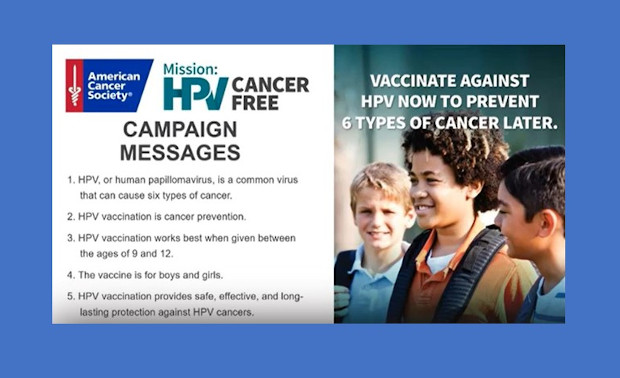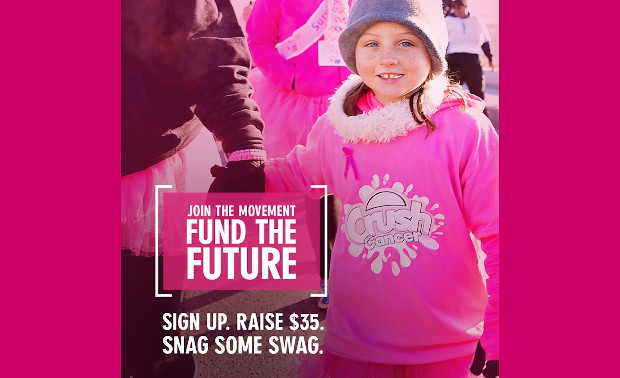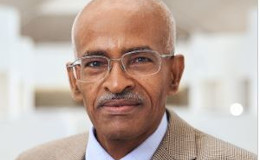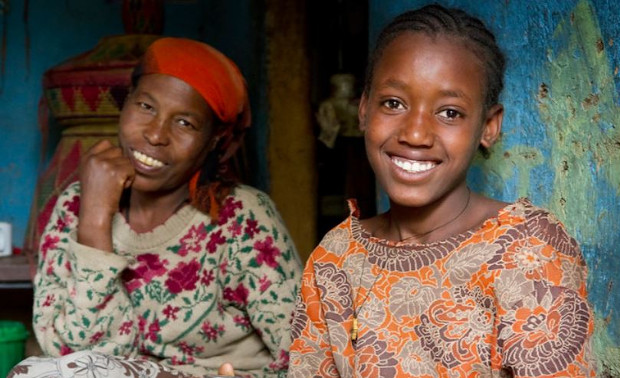The Centers for Disease Control and Prevention (CDC) released some good and bad news in an article titled “National, Regional, State, and Selected Local Area Vaccination Coverage Among Adolescents Aged 13–17 Years — United States, 2019.” This report is the national benchmark for vaccination coverage for adolescents aged 13-17 years, including estimates for all states and selected local areas.
It shows that in 2019, 71.5% of adolescents in the U.S. received the first dose of HPV vaccine (up 3.5% from 2018), and 54.2% were up to date with the HPV vaccination series (up 3.1% from 2018).

American Cancer Society efforts are showing remarkable impact, as well. The 2019 cohort of 56 health systems (261 clinics) collaborating on quality improvement projects saw huge increases in HPV vaccination initiation and completion rates. Average initiation rates across the systems increased 11.3 percentage points from 56.8% to 68.1%. Average completion rates increased 7.2 percentage points from 34.7% to 41.9%. Notably, these systems reach nearly 40,000 13 year olds.
Asked about this impressive work, Marcie Fisher-Borne, PhD, VACs program lead and managing director of Interventions and Implementation, said, “ACS field staff continue to prove that our coaching and support with HPV vaccination efforts matter. Our quality improvement projects demonstrate impressive outcomes that are seldom found in the literature in terms of vaccine rate changes. Are we impacting HPV rates around the country that will change the face of HPV cancers for our children? Absolutely! This is a huge success we should be shouting from our rooftops.”
The CDC data continue to support the Mission: HPV Cancer Free campaign goal of reducing geographic disparities in vaccination. Among adolescents living at or above the poverty level, those living in rural areas had lower coverage for HPV and meningococcal vaccines compared to those in urban areas.
Looking ahead to 2020 vaccination coverage, the COVID-19 pandemic now threatens to reverse some of these gains. CDC data show vaccination has slowed in the U.S. this year, with the pandemic causing delays and sharp decreases in the number of adolescents getting their recommended vaccines.
When asked for how ACS should contribute to the effort to get vaccination rates back on track, Debbie Saslow, PhD, managing director for HPV & GYN cancers, said, “Across the American Cancer Society, we continue to focus on mitigating the impact of COVID-19 on our mission work. For HPV cancer prevention, our focus is on getting adolescents and parents back on track with their well-visits and recommended vaccinations. We need to be working with public health programs, providers, and parents to encourage vaccination and drive awareness about this urgent public health need.”
*Shared from MySocietySource.





















